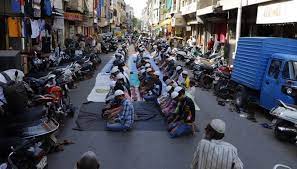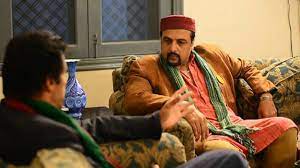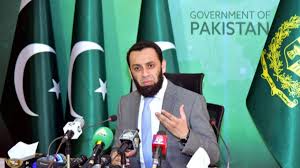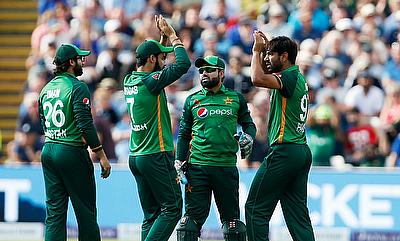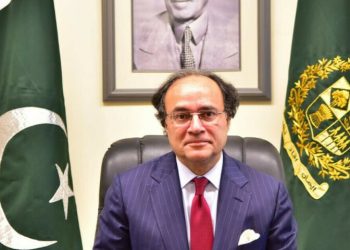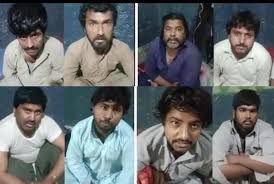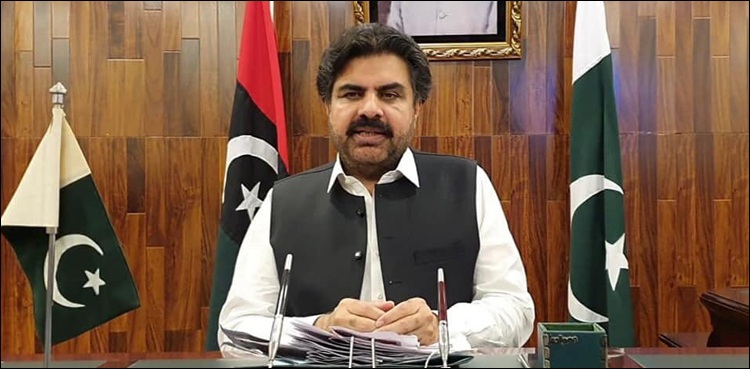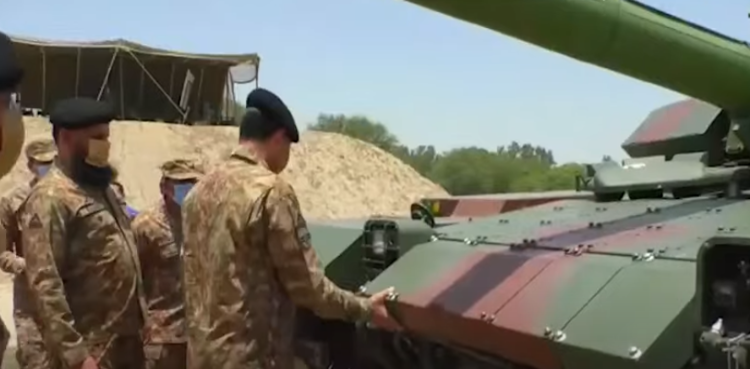The Supreme Court of Pakistan (SC) on Wednesday rejected the plea seeking the formation of a full court bench against military trials of civilians.
The development came as a six-judge larger bench, headed by Chief Justice of Pakistan (CJP) Umar Ata Bandial and consisting Justice Ijazul Ahsan, Justice Munib Akhtar, Justice Yahya Afridi, Justice Sayyed Mazahar Ali Akbar Naqvi and Justice Ayesha A. Malik, resumed hearing the plea.
Delivering the reserved verdict, CJP Bandial remarked the judicial holidays are currently in progress, leading to some judges being unavailable and others on vacation.
“In light of these circumstances, the court had already established a 9-member larger bench comprising available judges to address the matter,” added CJP.
Rejecting the plea for the formation of a full court, the top judge emphasised that the unavailability of a full court bench until September was a constraint.
Today’s hearing
During the hearing, the Chief Justice of Pakistan, Umar Ata Bandial, turned to the Attorney General, inviting him to share his thoughts.
In response, the Attorney General highlighted that Faisal Siddiqui’s request had been addressed the previous day. He assured the court that all necessary arrangements and assurances have been provided to the detainees involved in the case.
The detainees are being granted the opportunity to meet their families and have access to legal representation, ensuring a fair trial process.
Rejecting the plea for the formation of a full court to examine the issue of conducting trials of civilians in military courts, Chief Justice Umar Ata Bandial emphasised that the unavailability of a full court bench until September was a constraint.
He further asserted that the judiciary would continue to carry out its responsibilities diligently, irrespective of anyone’s preferences, and affirmed that it is the people who ultimately determine the laws that govern the nation.
AGP presents list of 102 people under military custody
During the last hearing, the AGP told the court that the 102 people under the military’s custody were involved in attacks on military installations, alleging that seven of them were involved in the attack on the GHQ, three attacked the army institute, 27 attacked the Lahore Corps Commander House, four were involved in attacking the Multan garrison, and 10 Gujranwala garrison.
Moreover, he told the court, eight of the suspects were involved in the attack on the ISI office in Faisalabad, five for the Mianwali base, 14 in the Chakdara attack, seven Punjab Regiment Center in Mardan, while three were involved in the attack on the Abbottabad garrison and 10 on the Bannu Garrison.
The AGP further told the court that the suspects were arrested on identification through CCTV cameras and other evidence.
Earlier, the petitioner’s lawyer said his client did not want chief justice to be affixed with his name. at this, the CJP said that was why he was respected.
The CJP said Faisal Siddiqui had demanded a full court on the matter, Chief Justice
Petitioner former chief justice Jawad S Khawaja’s counsel told the court that his client wants to be treated as a common citizen.
CJP Bandial said Khawaja’s constitutional petition is non-political.
Justice Mazahar Naqvi says the law does not allow to pick and choose, asking that if an inquiry was held, why it was not on record.
“Those who were directly involved were handed over to military courts,” the AGP said.
He added that those who entered the Lahore Corps Commander’s House were sent to military courts.
If there is some content available on a forum, only then it will be known whether this claim is true or not, the CJP remarked.
Many people were involved in the attacks, but arrests were made only on the basis of evidence, the AGP remarked.
The reasons for sending the suspects to military courts are not mentioned in the magistrate’s order, Justice Ayesha Malik remarked.
It seems that apparently there are only photographs in the name of evidence against the suspects, Justice Naqvi said.
The CJP said the court does not even have that issue in front of it, as first it will have to look at the constitutional status.
He further said that counsel Faisal Siddiqui submitted an application on behalf of his client on the formation of a full court.
Siddiqui said their petition has nothing to do with the government’s objections to the bench. He added that even a military dictator could not oppose a full court decision.
Justice Mansoor and Justice Yahya also talked about forming a full court. The AGP has assured that no person will be sentenced to death or life imprisonment, he told the court.
He has also ensured that a trial will not begin without the court’s knowledge.
Faisal Siddiqui said a full court should be formed when there is a risk of conflict between institutions.
The CJP questioned how a full court could be formed if some judges have excused themselves from hearing the case.








